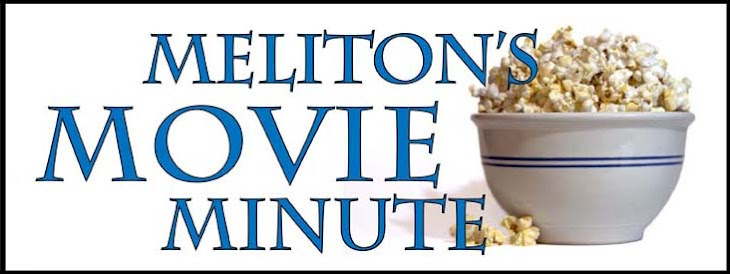 The combination of Steven Spielberg, Clint Eastwood, and Paul Haggis were able to capture the true essence of the stories behind the battle of Iwo Jima through the films Flags of Our Fathers and Letters from Iwo Jima. Both films tell the story from unique perspectives and although Letters from Iwo Jima stands out as the better of the two films, the combination of the stories is a unique theatrical experience.
The combination of Steven Spielberg, Clint Eastwood, and Paul Haggis were able to capture the true essence of the stories behind the battle of Iwo Jima through the films Flags of Our Fathers and Letters from Iwo Jima. Both films tell the story from unique perspectives and although Letters from Iwo Jima stands out as the better of the two films, the combination of the stories is a unique theatrical experience.Letters from Iwo Jima stars Ken Watanabe (Batman Begins, Last Samurai) and a number of Japanese actors portraying soldiers stationed at Iwo Jima weeks before the great battle between the United States and the Japanese. Watanabe plays General Tadamichi Kuribayashi, the famous general who was able to hold off the U.S. invasion of Iwo Jima for many days without proper military support or supplies.
Having this story told from the Japanese perspective provided a great insight to the mentality of the Japanese war front. The suicide scenes were quite powerful, yet gruesome. This showed that by that time of the war, the Japanese soldiers were honorable men, willing to sacrifice their very lives for their country.
Following General Kuribayashi's character as he returns from his time living and studying in the United States to the horrors of war is a treat for the audience. Its Spielberg, Eastwood, and Haggis' way of showing how pointless this war truly was for those involved. It shows that the Americans and Japanese were great friends in the past and that this war really had no purpose for those men that died fighting it.
The strong storyline of the film followed the character named Saigo. He was a baker drafted to fight in the war. He comes close to death throughout the film, some instances comedic, some ironic, and some dramatic. He survives the entire battle through his own wit and convictions. As an audience of this movie, you truly feel for this character and hope for his survival. Although his adventure is perilous, Saigo survives to preserve the "letters" of the soldiers of Iwo Jima, which became the core of the plot of this film.
There are some powerful performances in this movie. Mainly by Watanabe and Kazunari Ninomiya (Saigo) which resonates throughout the film. Because there haven't been many films depicting the Japanese perspective during WWII, this film is full of twists and turns and the stories are wonderfully told.
The Oscar nominations for Best Director (Eastwood), Best Motion Picture (Eastwood / Spielberg) and Best Writing - Original Screenplay (Haggis / Iris Yamashita) were all well deserved.
As a fan of great cinema, I am hopeful that this movie making experience will allow Haggis, Eastwood, and Spielberg to collaborate on future projects so that they can treat their audiences to future epic films.
Reference: I originally published this article on Helium.com





